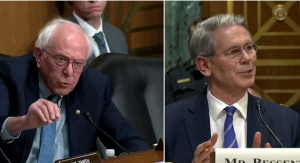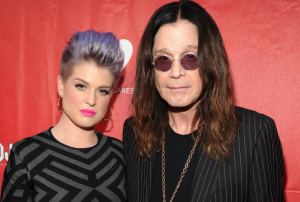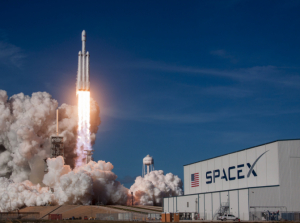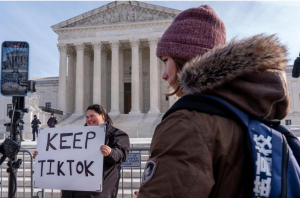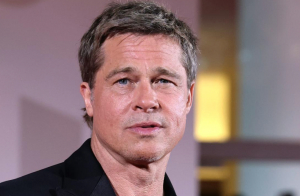Scott Bessent, President-elect Donald Trump's nominee for Treasury Secretary, faced pointed questions from Senator Bernie Sanders, I-Vt., during his confirmation hearing before the Senate Finance Committee on Thursday. The discussion centered on economic inequality, oligarchy, and federal policy, offering a preview of the sharp ideological debates likely to unfold during Trump's second term. The exchange began with Sanders referencing remarks made by President Joe Biden in his farewell address, in which Biden warned that "an oligarchy is taking shape in America of extreme wealth, power, and influence that literally threatens our entire democracy, our basic rights, freedoms, and a fair shot for everyone to get ahead." Sanders echoed those concerns, citing tech billionaires Elon Musk, Jeff Bezos, and Mark Zuckerberg as examples of individuals holding outsized wealth and power. Bessent, himself a billionaire and a former hedge fund manager for George Soros, responded by highlighting the self-made nature of the individuals Sanders mentioned. "The three billionaires you listed all made their money themselves. Mr. Musk came to the country as an immigrant," Bessent said. Sanders, however, interrupted, steering the discussion back to his central question about the concentration of wealth and its broader implications for democracy. Bessent countered by noting that Biden had recently awarded the Presidential Medal of Freedom to George Soros and David Rubenstein, two billionaires who might also be considered oligarchs under Biden's framework. Bessent's connection to Soros was noted during the hearing, as he previously worked for the financier's hedge fund. "This is not a condemnation of any one individual," Sanders clarified. "I'm just asking you, with so few people [having] so much wealth and power, do you think that is an oligarchic form of society?" Bessent responded that economic mobility is a key factor, saying, "I think it depends on the ability to move up and down the income." Sanders interrupted once more, ultimately moving on to another issue. The discussion then turned to the federal minimum wage, a topic on which Sanders has been a vocal advocate. Sanders asked Bessent if he would support raising the federal minimum wage to a living wage to lift millions of Americans out of poverty. Bessent, however, stated that he viewed the minimum wage as a "state and regional issue" and did not support raising the federal rate. When Sanders pressed him further, noting that the federal minimum wage has remained at $7.25 per hour since 2009, Bessent replied simply, "No, sir."
Sanders, who has introduced legislation to raise the federal minimum wage to $17 by 2028, pointed out that his home state of Vermont recently increased its minimum wage from $13.67 to $14.01 per hour. Bessent's hearing also addressed broader economic policy topics, including tax cuts, tariffs, and sanctions. He stressed the importance of renewing the 2017 Tax Cuts and Jobs Act, which was passed during Trump's first term and is set to expire in 2025. Bessent warned that failure to extend these cuts could have significant consequences for the economy. "This is the single most important economic issue of the day," Bessent said. "If we do not renew an extension, then we will be facing an economic calamity. And, as always with financial instability, that falls on the middle and working class."
The Treasury nominee's remarks and exchanges with Sanders reflect the broader tensions surrounding economic policy, inequality, and federal priorities. The Senate will continue to deliberate on Bessent's confirmation as Trump's administration prepares to take office.

